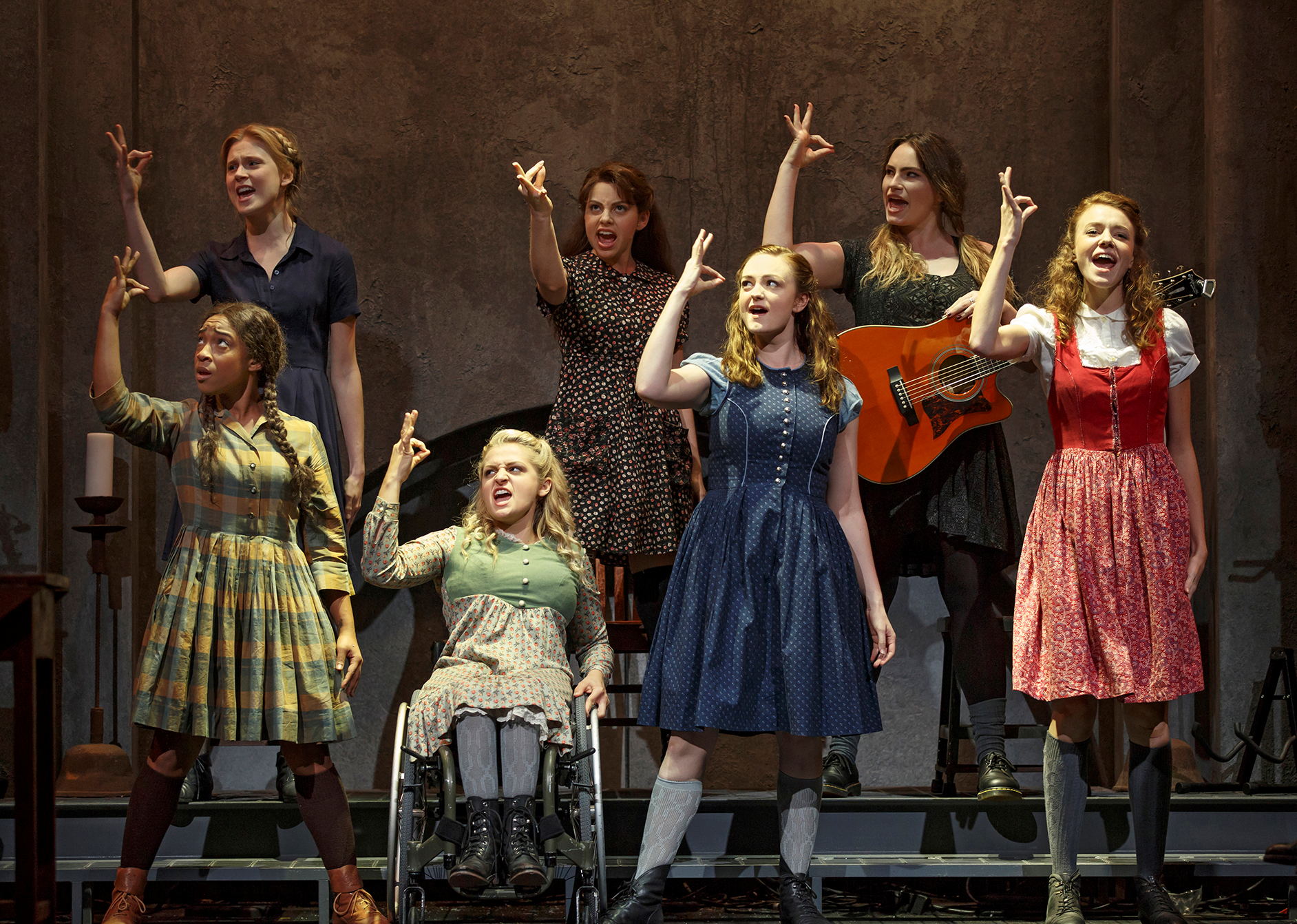Experiencing Theatre With No Sight in ‘OjO’
Bricolage Production Company discovers that fostering inclusivity isn’t just about taking action—it’s also a state of mind.

Deaf and disabled theatre artists have been claiming a place on American stages for their stories and their bodies for some time now. The larger field is—perhaps too slowly, if not too late—recognizing these as the newest fronts in representing full human diversity onstage.
Bricolage Production Company discovers that fostering inclusivity isn’t just about taking action—it’s also a state of mind.
The artistry of Deaf and disabled theatre workers has been amply demonstrated. Why aren’t they centerstage more regularly?
If Deaf stories and actors are having a moment, from ‘Spring Awakening’ to ‘Tribes,’ it’s only because the rest of the world is finally discovering a well-established theatrical tradition.
Obviously theatres should give priority to disabled actors in roles defined as disabled. The next step: to consider them for all roles.
An Anatomized Philippic Regarding the Relationship of Disability to the Contemporary American Theatre
As the first wheelchair-using performer ever cast on Broadway, Stroker isn’t just realizing a dream; she’s making it possible for others like her to dream, as well.
How a seminal friendship changed my views on disability—and prepared me for my own.
Chicago’s Red Theater is translating Shakespeare for its new show: They’re putting his verse into American Sign Language.